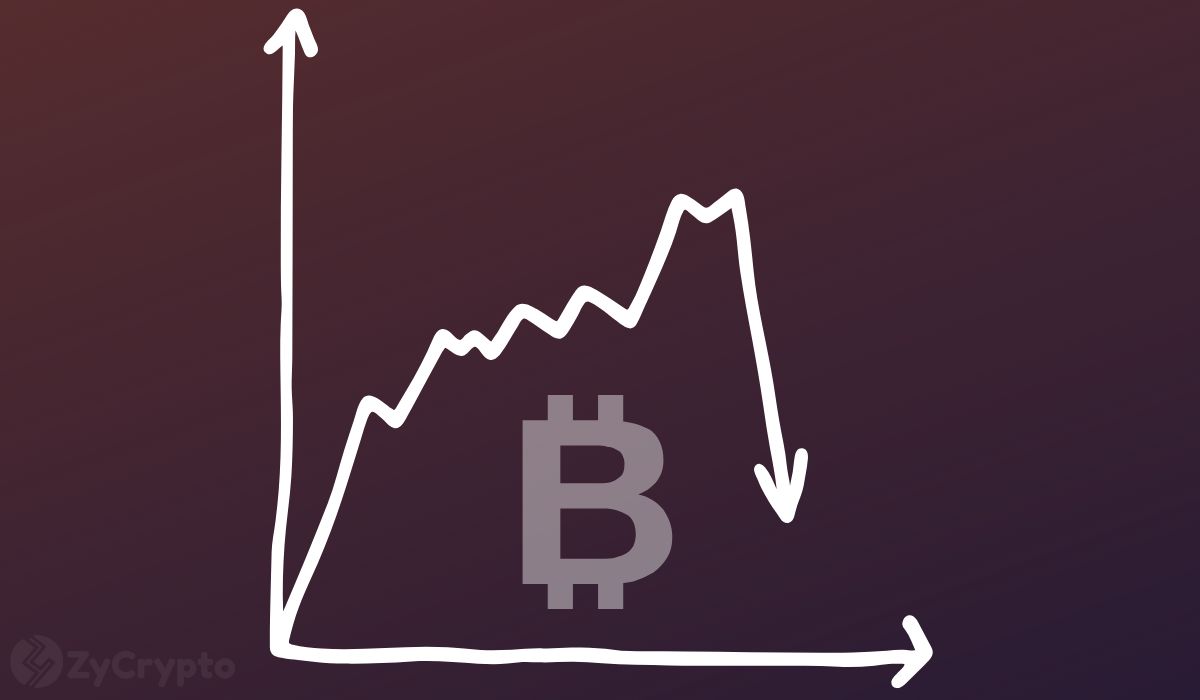The Impact of Declining Risk Appetite on Ethereum: A Delightfully Offbeat Perspective
As the financial world continues to grapple with the aftermath of the COVID-19 pandemic and geopolitical tensions, investors have grown increasingly cautious. This declining risk appetite has raised concerns about the future of Ethereum, the second-largest cryptocurrency by market capitalization. While some see prolonged stability as a positive sign, others worry that it could give way to stagnation.
Ethereum’s Role in the Cryptocurrency Landscape
Before delving into the implications of declining risk appetite for Ethereum, let’s briefly recap its role in the cryptocurrency landscape. Ethereum is more than just a digital currency; it’s a decentralized platform that enables developers to build and deploy various applications, including decentralized finance (DeFi) projects and non-fungible tokens (NFTs).
The Double-Edged Sword of Stability
Prolonged stability might sound like a desirable trait, but it can also be a double-edged sword for Ethereum. On the one hand, stable prices make it an attractive investment for those seeking to hedge against inflation or diversify their portfolios. Moreover, stability can provide a sense of security, allowing developers to focus on building innovative applications without worrying about drastic price fluctuations.
- Increased Adoption: Ethereum’s stability can lead to increased adoption, as more businesses and individuals begin to recognize its potential as a reliable store of value and platform for decentralized applications.
- Reduced Volatility: Stability can help attract institutional investors, who are often wary of the volatility associated with cryptocurrencies.
However, on the other hand, prolonged stability could also lead to stagnation. The crypto market thrives on innovation and excitement, and a lack of price volatility might dampen the enthusiasm of both investors and developers.
The Impact on Individuals
For individual investors, a decline in risk appetite could mean that Ethereum might not deliver the explosive returns seen in 2021. However, this doesn’t necessarily mean that it’s a bad investment. Ethereum’s role as a platform for decentralized applications and NFTs continues to grow, and its stability could make it an attractive long-term investment.
The Impact on the World
From a global perspective, declining risk appetite could have a ripple effect on Ethereum and the broader crypto market. Reduced investment could lead to a slowdown in the development of decentralized applications and other innovative projects. However, it could also lead to increased regulatory clarity and institutional adoption, which could ultimately benefit Ethereum and the crypto market as a whole.
A Bright Future Ahead
Despite the concerns surrounding declining risk appetite and potential stagnation, Ethereum’s future remains bright. Its role as a platform for decentralized applications and NFTs continues to grow, and its stability could attract institutional investors and increase adoption. As the crypto market matures and becomes more mainstream, Ethereum is poised to play a significant role in shaping the future of finance and technology.
So, while the declining risk appetite might bring some challenges, it also presents opportunities for growth and innovation. As always, it’s essential to stay informed and make informed investment decisions based on your risk tolerance and investment goals.





